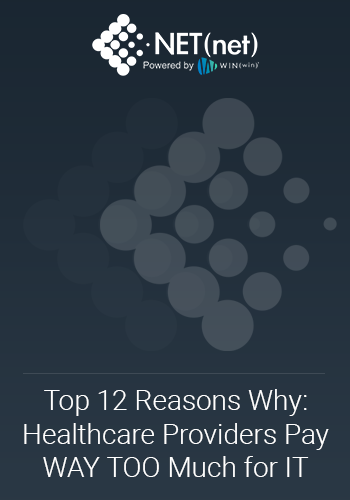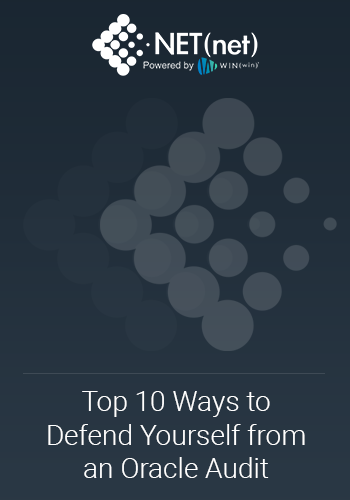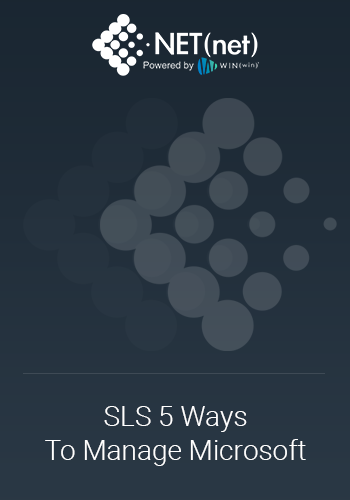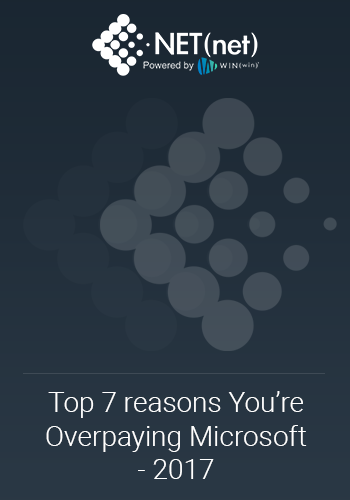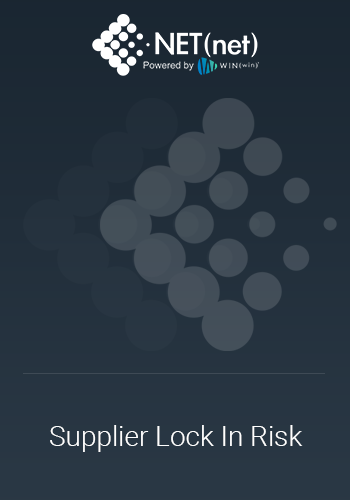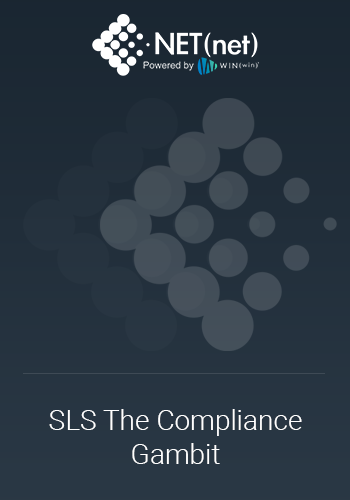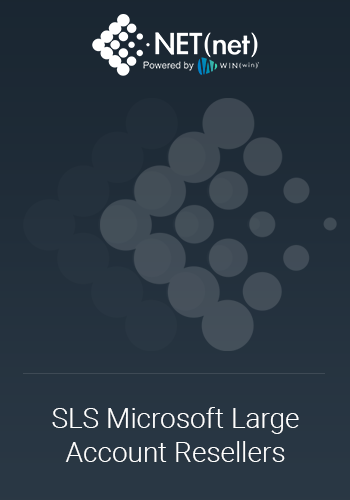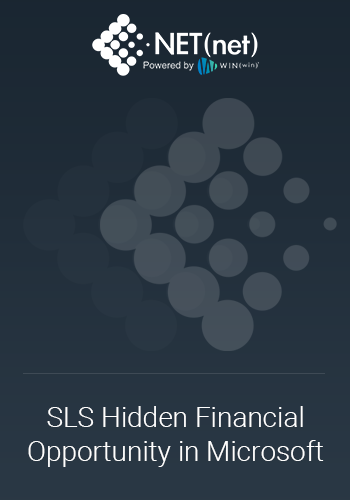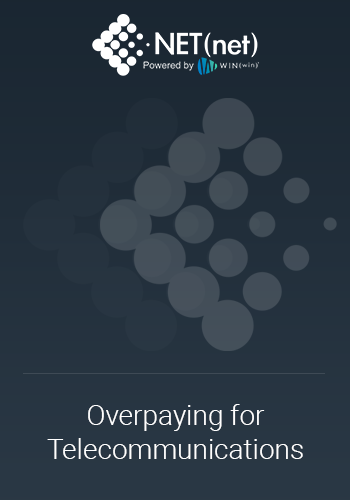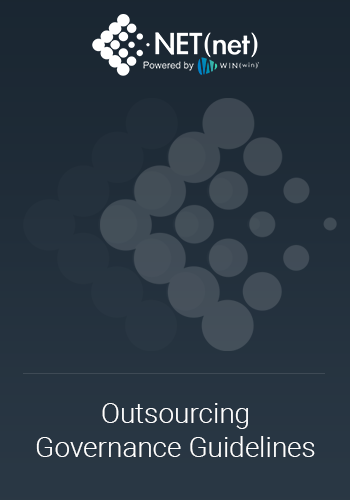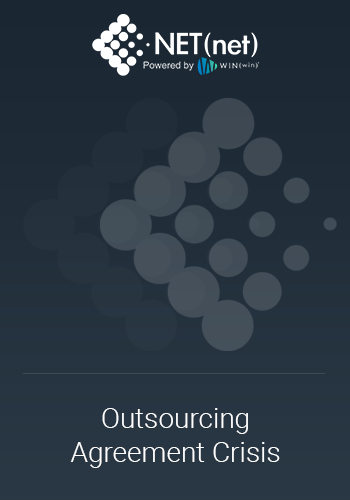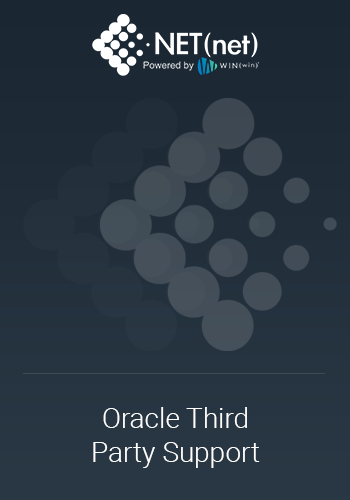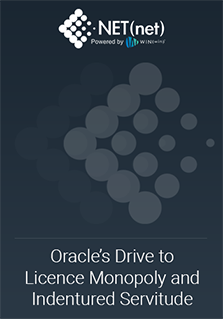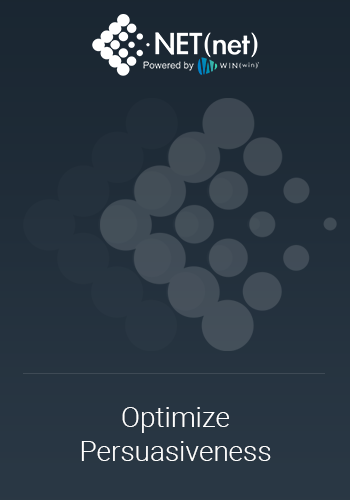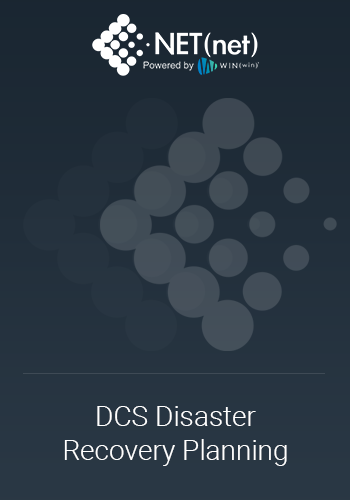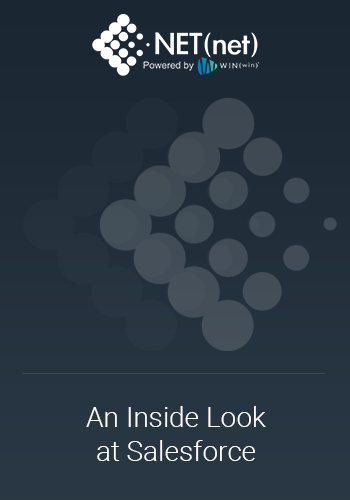Two weeks ago, the 9th Circuit Court of Appeals vacated and remanded the Autodesk case back to the District Court. The immediate reaction from the bulk of the people paying attention was one of dismay. The rest of the country might want to start paying attention soon.
Autodesk licenses CAD software. They have a fairly restrictive license and a former licensee sold unused copies of their licenses to a buyer, who then attempted to sell them on eBay. After several DMCA takedown notices, the buyer eventually sought a permanent decision so that Autodesk would have no choice but to stop issuing the takedown notices via eBay.
At the District Court level, the buyer won. The Court ruled that the software fell into the "first sale doctrine" - the rule that allows for buyers of copywritten material to resell what they've purchased. For example, if you go to Amazon.com and purchase your favorite novel, you can resell that copy of the novel to whomever you wish. You don't have to pay another royalty to the author of the work and you can actually even sell it for more than you paid for it.
Software vendors, of course, don't like this option. They contend that they license software rather than sell it and as licensees, we agree to the license so that we can use the product (failure to agree to the terms of the license means that we can't use it and must return it). Autodesk argued at the appellate court that the granting of a license is different than a sale and thus the first sale doctrine doesn't apply. The 9th Circuit agreed with Autodesk.
What does this mean for you? Well, let me use another book example. I sell my book, The Software Licensing Handbook, for a retail price of $114.95. If you buy a copy today, you can resell it on eBay (or anywhere else), burn it, throw it away, or even give it away. In other words, you can dispose of it in any fashion you choose.
But if I were to put a license agreement in the front of the book - whereby I agree to license you the contents of the book for the price of the book, and you agree that by keeping the book (and not giving it back to me), you're agreeing to the terms of the license agreement... then I could insert terms in that license agreement that would prevent you from selling the book. In fact, I could even further restrict your ability to dispose of the book and require you, say, with a term license, to return the book to me after a specific period of time.
Now imagine that every publisher in the world does this.
What we're discussing, therefore, is the end of second-hand bookstores; used movie/DVD/CD stores; and even libraries. In addition, this decision could potentially invalidate the business model for the secondary software license market, currently a cottage industry.
So what do we do about it?
Well, the first thing to do is to wait for the District Court to re-rule on the case. Nothing's actually really happened yet until the last brief is filed in a court of last appeal (which, if they wanted to petition for it, and if the Court agreed to hear it, would be the United States Supreme Court). Additionally, it's possible that a subsequent court would also hold that this decision applies only to software and not other forms of copywritten intellectual property. The next thing, assuming the 9th Circuit's reasoning holds, is to work with Congress to change the law (in fact, the 9th Circuit went so far as to almost suggest that a change in law was necessary).
But in the meantime, there are a few other things you can do:
- Stop paying as much for software. Argue that the value of the software, as a license only, with no resale value, has significantly decreased.
- In the alternative, agree in the software license that you have resale rights (they may be limited in some fashion: you might have to tell the supplier where you're selling the software. That's ok.).
- If we need to change the law, we need to push for 2 things:
- An affirmative ability to resell even licensed products; and,
- A change in the requirement for obtaining copyright to software code (today, you only have to submit the first and last 25 pages of code) such that you must submit the ENTIRE source code file (regardless of whether it contains trade secrets or not).
- This would essentially eliminate the copyright-ability of software. Which is 100% ok... because it can STILL be protected by a license agreement and the parties can agree to what that license should be... without fear that the courts could change the interpretation of the rules on them later.
NET(net)’s Website/Blogs/Articles and other content is subject to NET(net)’s legal terms offered for general information purposes only, and while NET(net) may offer views and opinions regarding the subject matter, such views and opinions are not intended to malign or disparage any other company or other individual or group.
Comments
Great ideas. I think that some minimum standards should be set on what could be allowed under a license agreement. The examples mentioned in your article are very illustrative. Thanks.
by Jacobo Senior on Tue, October 19, 2010 - 11:02am

